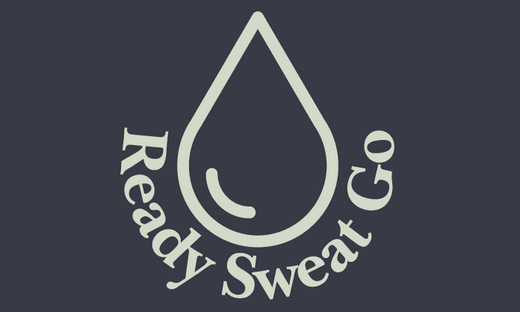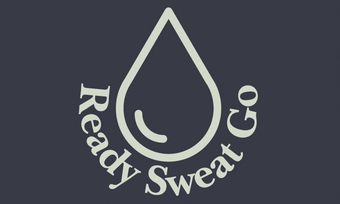Resilience isn’t just one thing—it’s a mix of different skills that all work together:
- Emotional Regulation: This is about keeping your cool when things get stressful. Yoga helps by teaching us to stay calm and centred, even in challenging situations. Techniques like ujjayi breathing (slow, steady breaths) can help calm the nervous system and keep you grounded.
- Self-Awareness: Understanding what’s going on inside your head. Yoga and mindfulness help us get better at noticing our thoughts and feelings, so we’re not just reacting to everything but actually choosing how to respond.
- Optimism and Positive Thinking: It’s about seeing the silver lining without being overly Pollyanna. Yoga encourages a growth mindset—seeing challenges as chances to learn rather than things to fear.
- Social Connections: We all need our people. Yoga often brings a sense of community, whether in a class or an online group, reminding us that we’re not alone in our struggles.
- Problem-Solving Skills: Figuring out how to deal with what’s in front of you. Yoga makes you think on your feet (literally), adapting poses and flows based on how your body feels each day.
Yoga Practices That Foster Resilience
To get the most out of yoga for building resilience, it helps to focus on specific practices that target these different areas:
1. Mindful Breathing (Pranayama)
Breath is like a built-in stress reliever. Focusing on your breath can help your mind stay in the present and reduce anxiety. Practices like alternate nostril breathing can help balance your brain and calm your nerves, making it easier to handle stress.
2. Grounding Postures
Grounding poses like the Mountain Pose and Tree Pose help you feel stable and balanced, both physically and mentally. These poses require focus and presence, the key to staying steady when life gets hectic.
3. Strength-Building Sequences
Poses like the Warrior series help build strength—not just in your muscles but in your mind. They teach you to hold steady, even when things get tough, creating that kind of grit that helps you push through challenges in real life.
4. Restorative Yoga and Yin Yoga
It’s not all about powering through. Restorative and Yin yoga teach you to slow down and take a break. These styles remind us that sometimes, the best way to build resilience is to allow ourselves time to rest and recharge.
5. Meditation and Mindfulness
Meditation trains your mind to stay focused, even when a lot is happening. Regular meditation can help you stay calm in a crisis, improve your concentration, and boost your ability to handle emotions—all key parts of resilience.
Yoga’s Role in Stress Management
One of the biggest benefits of yoga is how it helps manage stress. Let’s face it: stress is just a part of life. But how we deal with it can make all the difference. Yoga gives us tools to manage stress better, so it doesn’t negatively impact our well-being.
Practising yoga activates the body’s relaxation response, which helps counterbalance the stress response. This makes you feel better in the moment and builds up your resilience over time.
The Mind-Body Connection in Yoga
Yoga emphasizes the connection between your mind and body, teaching you they’re not separate. A calm mind can help relax a tense body, and a strong body can support a resilient mind.
For example, if you’re holding a challenging pose and your mind starts to panic, you learn to focus on your breath and push through. This practice shows you that your mind doesn’t always have to be in charge—you can decide how to respond.








